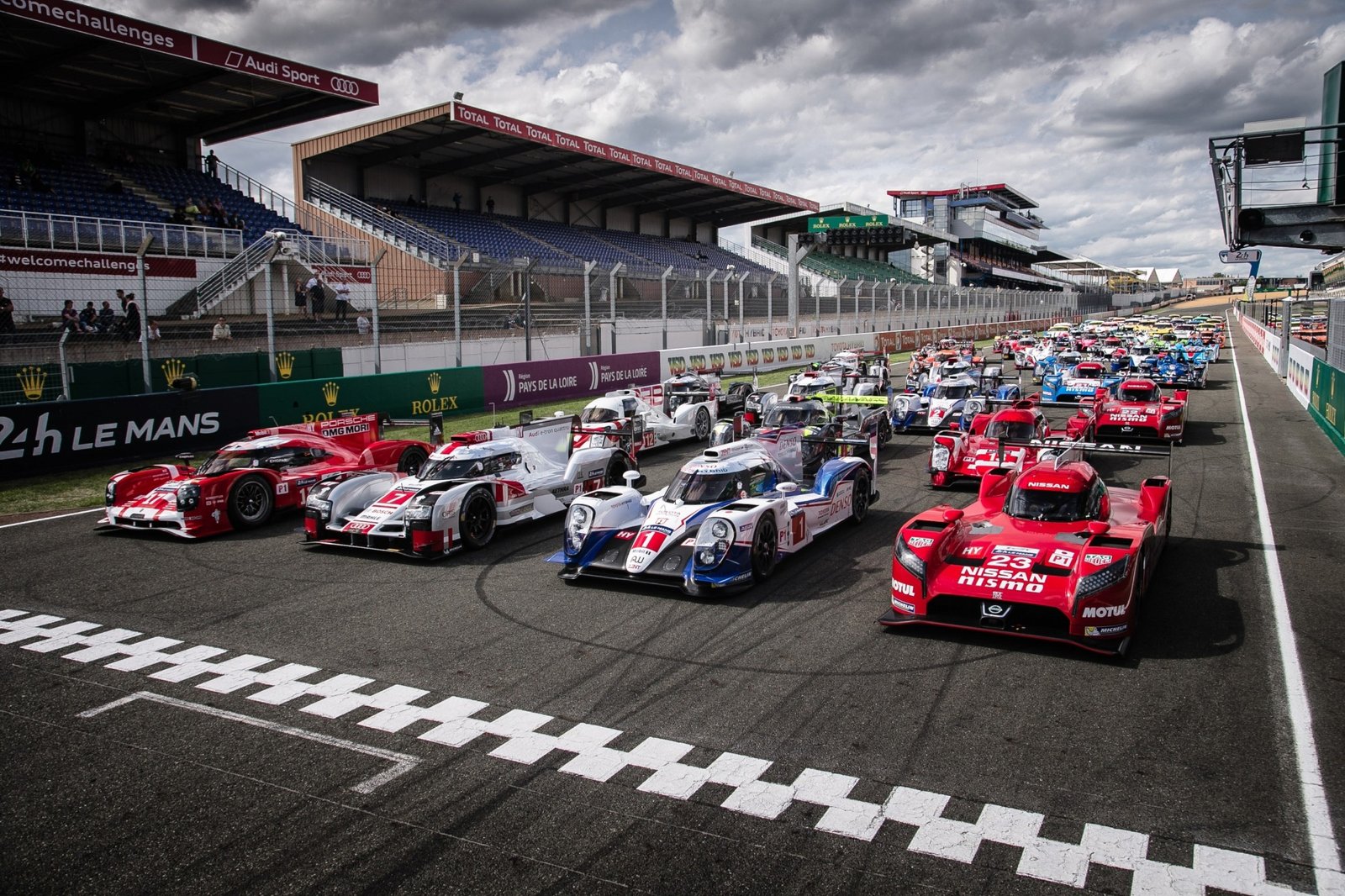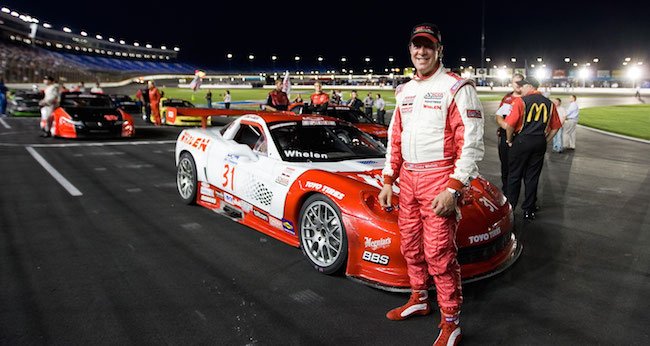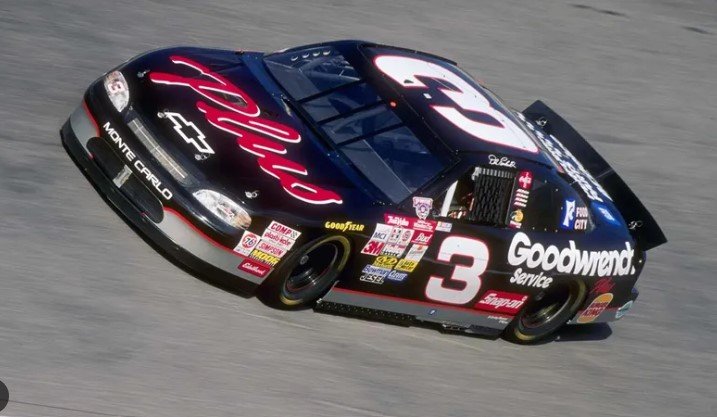Motorsports contribute significantly to local economies worldwide. These high-speed events not only captivate millions of fans but also bring substantial financial benefits to the regions that host them. From job creation to increased tourism, motorsports have a far-reaching impact. This post will explore the various ways in which motorsports contribute to local economies.

Boosting Tourism and Local Business
Motorsports events attract thousands of visitors from across the globe. For example, the Formula 1 Grand Prix, MotoGP races, and World Rally Championship events bring fans who spend money on accommodations, food, and local attractions. The influx of tourists increases demand for hotels, restaurants, and shops. As a result, local businesses see a significant boost in sales during race weekends.
In addition to tourism, these events promote the region’s unique attractions, helping to enhance its global profile. This increased visibility often leads to long-term tourism benefits, as people may return after attending an event, or they may visit other attractions based on their initial experiences.
Job Creation and Economic Development
One of the most direct economic impacts of motorsports is job creation. Large events require a wide range of workers, from track personnel and security staff to engineers and hospitality workers. Local communities benefit from these employment opportunities, often with short-term and long-term jobs.
Furthermore, the creation of racing tracks or renovation of existing ones can also contribute to the local economy. The construction process itself can stimulate local economies through demand for building materials and labour. Afterwards, these facilities continue to bring in jobs as they host races and other events throughout the year.
Sponsorships and Investment in Local Infrastructure
Motorsports events often attract significant investment from global sponsors. These sponsorships, which include investments from car manufacturers, beverage companies, and tech firms, help to fund the events and often lead to local infrastructure improvements. For example, roads may be repaired or new public transportation routes may be established to accommodate the increased number of visitors during racing weekends.
In some cases, major corporations invest in building or improving local infrastructure specifically for motorsports. This can include upgrading the racetrack itself, expanding event spaces, or enhancing the area’s digital infrastructure. These improvements benefit both the event and the general public, as the facilities are often used for other purposes after the race.
Supporting Local Industries and Supply Chains
Motorsports also play a key role in supporting various industries and supply chains. The production of racing vehicles, parts, and equipment is a significant part of the local economy in many racing regions. Manufacturers who supply parts for teams and racing organizers often do business with local suppliers, creating a ripple effect throughout the economy.
Beyond the racing teams, there are a variety of industries that see a boost due to motorsports. Local mechanics, equipment manufacturers, and logistics companies all thrive from the racing industry. These sectors provide essential services, ensuring that the races run smoothly and that the teams and sponsors are well-equipped for each event.
Long-Term Economic Benefits from Motorsports
The long-term economic impact of hosting motorsports events is often underestimated. A successful race can put a city or region on the map, making it a desirable location for future events. For example, cities like Monaco and Indianapolis have built a reputation as motorsport hubs, with races continuing to attract fans and investment year after year.
Moreover, the lasting presence of major racing events can attract new businesses and residents to the area. As the region’s profile grows, more opportunities arise for development, whether in tourism, retail, or technology sectors. The jobs created and the infrastructure improvements also provide a foundation for sustained economic growth well after the event has ended.
Conclusion
Motorsports contribute significantly to local economies by boosting tourism, creating jobs, attracting investment, and supporting industries. The events themselves serve as economic drivers, leading to growth in local businesses and infrastructure development. Whether through increased visitor spending or long-term investments, the benefits are far-reaching. As motorsports continue to grow in popularity, their positive impact on local economies will likely expand, making them an essential part of the global economic landscape.











